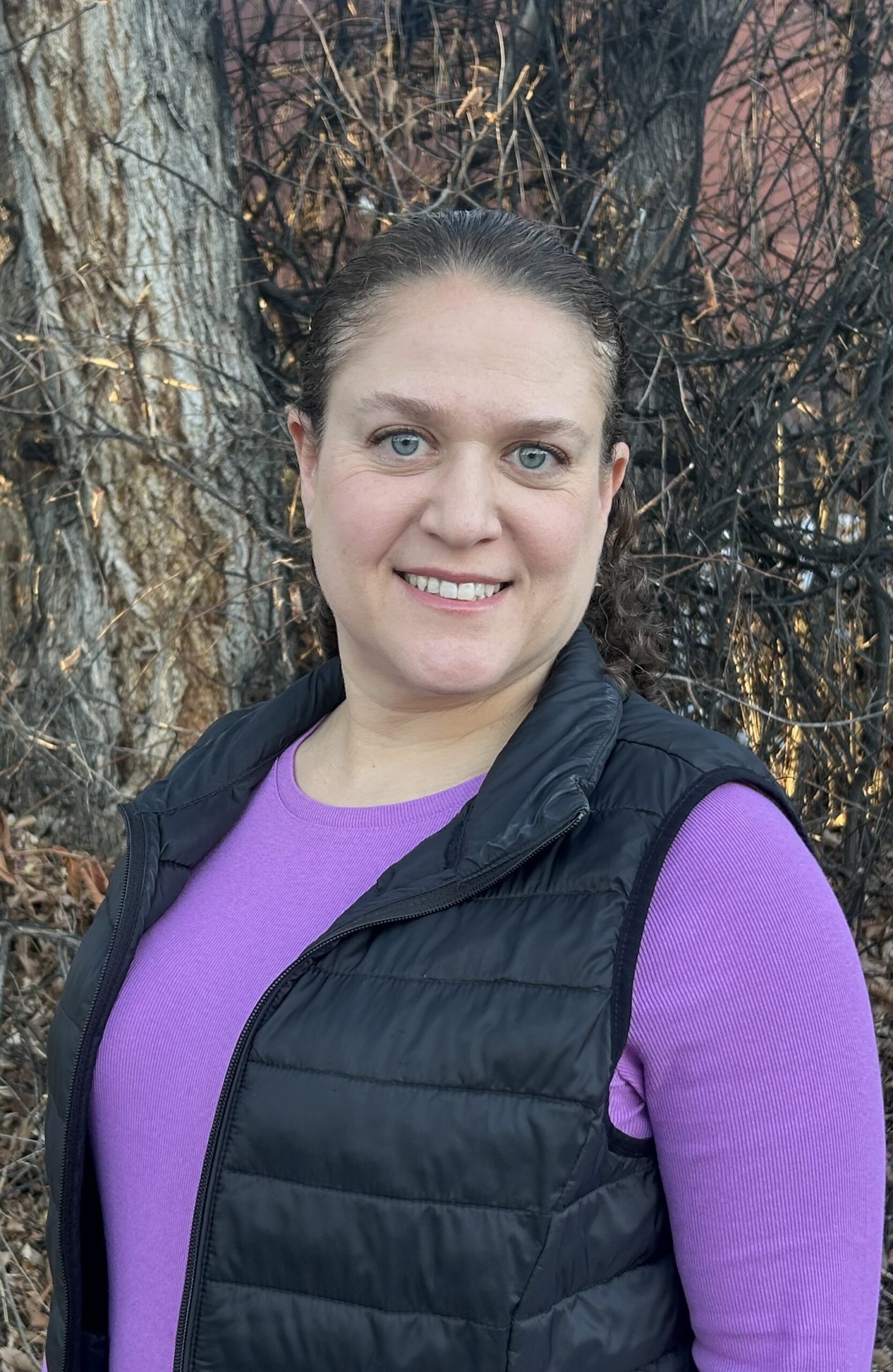Tips for Managing Anxiety in a Clinical Supervision Relationship
By Irrit Mihok
That knot in your stomach before supervision? Yeah, I get it.
Let’s be real, as a therapist, walking into clinical supervision can sometimes feel like stepping onto a mini stage. You’re about to share the messy, complicated realities of your client work, and the thought of feedback – even constructive feedback – can stir up a whole cocktail of emotions, anxiety being a big one. Trust me, I’ve been there.
That knot in your stomach the night before? The racing thoughts about what you should have done differently? The fear of feeling inadequate? It’s all part of the process, and you’re definitely not alone in feeling it.
For me, the anxiety often bubbled up from that little voice in my head whispering, “Are you doing this right? Are you helping your clients enough? What if your supervisor thinks you’re completely out of your depth?” Sound familiar?
But over time, and through a lot of trial and error, I’ve found some things that genuinely help dial down that anxiety and actually make supervision the supportive and growth-promoting space it’s meant to be. Here’s what has worked for me:

Getting Real with Myself About My Anxiety (and Sometimes My Supervisor)
The first step was acknowledging that those butterflies weren’t just excitement – they were often full-blown anxiety. Naming it, even just to myself, made it feel a little less overwhelming.
And sometimes, being brave enough to say to my supervisor, “Hey, I’m feeling a bit anxious about discussing this case,” actually created a more open and understanding atmosphere. I was admitting to both myself and my supervisor that I am not yet confident in my work and it helped me relax. It took the pressure off trying to appear perfectly composed.
My Pre-Supervision Ritual to Help My Anxiety
Preparation became my anchor. Instead of just vaguely thinking about my cases, I started dedicating some time beforehand to really reflect. I’d jot down specific moments that felt challenging, questions that popped into my head, and even areas where I felt a little stuck.
Having those notes in front of me not only made the session more focused but also calmed my nerves about forgetting something important or feeling blindsided. It was like having a roadmap. This can be done by having a place to jot down notes throughout the time between supervision sessions or setting time aside beforehand for reflection. Try both systems and see what works best for you.
Learning to Speak Up – Even When My Voice Shook a Little
This was a big one for me. My anxiety often made me want to just nod and agree, even if I didn’t fully understand or had a different perspective. Over time, I realized that supervision is my time to learn and grow. So, I started pushing myself to ask for clarification, even if it felt a little awkward. And you know what? My supervisors were always receptive. It showed them I was engaged and wanting to understand.
If you are in group supervision it can be very easy to get into the habit of agreeing and finding yourself leaving the meeting with more questions than answers. But remember, you are most likely not the only one who could use more clarification or explanation. Remember that part of the process of learning is asking questions and engaging in the discussion. You will get more out of supervision, both group and individual, if you learn to speak up.
Shifting My Focus from "Perfect Clinician" to "Growing Clinician"
This mindset shift was a game-changer. I had to let go of the unrealistic expectation of being flawless. Mistakes happen. We’re all learning. Instead of beating myself up over what I didn’t know or could have done better, I started trying to see feedback as valuable information that would help me become a better therapist. It wasn’t a judgment of me as a person, but guidance for my professional journey.
Being Kind to Myself…Seriously, It Makes a Difference
The inner critic can be so loud, especially when you’re feeling vulnerable in supervision. I had to actively start practicing self-compassion. When those negative thoughts crept in, that would be a time to write down some questions for the next supervision. Then I’d try to do something kind for myself.
And on tough days, I made sure to prioritize things that helped me recharge – a walk in nature, a good book, connecting with friends. Taking care of myself outside of work made me more resilient to the stresses of the job and able to fully utilize my time in supervision.
Leaning on My Peers
Knowing that other therapists-in-training and colleagues felt similar anxieties was incredibly validating. Sharing experiences and strategies with peers helped me feel less isolated and more supported. Talking about our anxiety in my group supervision was such a helpful way to process our feelings about where we were in our journey as therapists. And honestly, sometimes just venting to someone who gets it can make a world of difference.
Navigating clinical supervision can feel intense at times, and that anxiety is real. But by finding what works for you – whether it’s meticulous preparation, open communication, or a shift in perspective – you can transform it from a source of stress into a powerful catalyst for your growth.
We’re all in this together, learning and evolving. Supervision is all about the process of growing and learning, and your supervisor has been there and gone through it themselves. Most of us are still learning and growing. Be patient with yourself, celebrate your progress, and remember why you chose this challenging and rewarding path in the first place. You’ve got this, and it gets easier.
How We Can Help
Our compassionate clinical supervisors make it easy to discuss when anxiety comes up in supervision sessions – schedule a free 20-minute phone consultation today and see if our supervisors would be a good fit with you!
Author Bio

Irrit Mihok is an administrative assistant with Firelight Supervision who is a Licensed Professional Counselor in Colorado. Irrit has worked as a counselor in residential treatment, community mental health, and owned a private practice. Irrit is also an official with US Figure Skating and a blog author.



